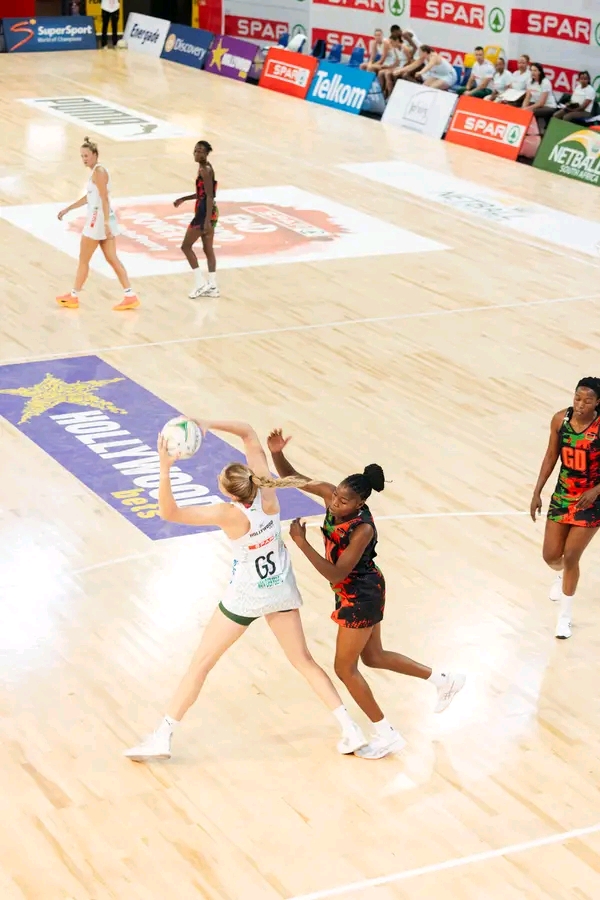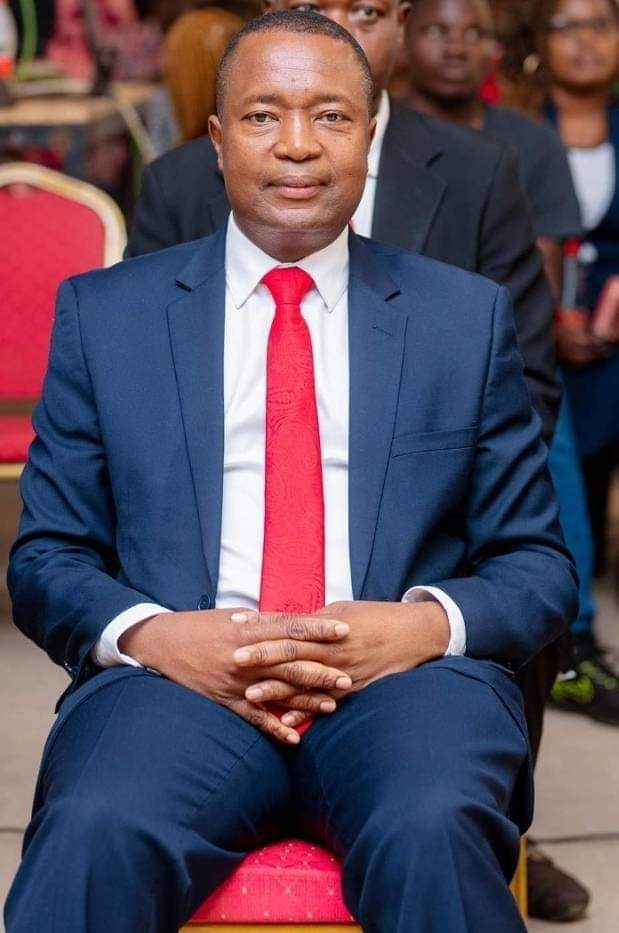By Twink Jones Gadama
The Malawi Netball Queens, once a formidable force in African netball, have experienced a significant decline in performance over recent years. Under the late Griffin Sayenda, the team not only dominated the African netball scene but also made a mark on the global stage, achieving a remarkable ranking of fifth in the world.
Their victories against the South African Proteas and the She Cranes of Uganda were celebrated milestones that showcased their talent, determination, and strategic prowess. However, the current state of the team has raised concerns among fans and stakeholders alike, as they have struggled to maintain their competitive edge, often finding themselves on the receiving end of defeats against their former rivals.
To reclaim their winning days, the Malawi Netball Queens must undertake a comprehensive strategy that addresses various aspects of their performance, from player development to mental resilience, and from tactical innovation to community support.
One of the primary areas that the Queens need to focus on is player development. The foundation of any successful sports team lies in the talent and skills of its players.
The Malawi Netball Queens must invest in grassroots programs that identify and nurture young talent from an early age. This involves establishing partnerships with schools and local clubs to create a robust pipeline of players who can be groomed for the national team.
By implementing structured training programs that emphasize fundamental skills, teamwork, and game understanding, the Queens can ensure that they have a steady influx of skilled players ready to step up when needed. Additionally, scouting for talent in rural areas and providing opportunities for underprivileged youth can help diversify the talent pool and bring fresh perspectives to the team.
Moreover, the Queens should prioritize the physical conditioning and fitness of their players. In a sport as demanding as netball, physical fitness is crucial for performance.
The team should work with experienced fitness coaches to develop tailored training regimens that enhance endurance, strength, agility, and flexibility. Incorporating modern training techniques, such as high-intensity interval training (HIIT) and sport-specific drills, can help players improve their overall athleticism. Furthermore, regular fitness assessments can help track progress and identify areas for improvement, ensuring that players are in peak condition when they step onto the court.
Another critical aspect of reclaiming their former glory is the need for tactical innovation.
The game of netball is constantly evolving, and teams must adapt to new strategies and playing styles to remain competitive. The Malawi Netball Queens should invest in coaching staff who are not only knowledgeable about the game but also open to exploring new tactics and formations.
Analyzing game footage from both their own matches and those of their opponents can provide valuable insights into areas where they can improve. By adopting a more dynamic and flexible approach to their gameplay, the Queens can catch their opponents off guard and regain their competitive edge.
Mental resilience is another vital component that the Queens must cultivate. The psychological aspect of sports is often overlooked, yet it plays a significant role in a team’s performance.
The pressure to perform, especially after a series of losses, can weigh heavily on players’ minds.
To address this, the team should consider working with sports psychologists who can help players develop mental toughness, focus, and confidence.
Techniques such as visualization, mindfulness, and positive self-talk can empower players to overcome challenges and perform at their best, even in high-pressure situations.
Building a strong team culture that emphasizes support, camaraderie, and a growth mindset can also foster resilience and encourage players to bounce back from setbacks.
Community support is another essential element in the journey to reclaiming their winning days.
The Malawi Netball Queens have a passionate fan base that can play a crucial role in motivating the team.
Engaging with the community through outreach programs, school visits, and netball clinics can help strengthen the bond between the team and its supporters.
By fostering a sense of pride and ownership among fans, the Queens can create an environment where the community rallies behind them, providing the encouragement and motivation needed to succeed.
Additionally, securing sponsorships and partnerships with local businesses can provide the financial support necessary for training camps, travel expenses, and other logistical needs.
Furthermore, the Queens should prioritize their participation in international competitions.
Competing against top teams from around the world is essential for gaining experience and exposure.
The team should actively seek opportunities to participate in tournaments, friendly matches, and training camps abroad.
This not only allows players to test their skills against higher-level competition but also helps them learn from different playing styles and strategies.
The experience gained from these competitions can be invaluable in building confidence and improving performance on the court.
In addition to these strategies, the Malawi Netball Queens must also focus on building a strong leadership structure within the team.
Effective leadership is crucial for guiding players, fostering teamwork, and maintaining a positive atmosphere.
Appointing experienced captains and leaders who can inspire and motivate their teammates can make a significant difference in the team’s dynamics.
Leadership development programs can also be implemented to cultivate future leaders within the squad, ensuring that the team has a strong foundation for years to come.
Finally, the Queens must embrace a culture of continuous improvement. The journey to reclaiming their former glory will not happen overnight, and setbacks are inevitable.
However, by fostering a mindset of learning and growth, the team can navigate challenges and emerge stronger.
Regularly reviewing performance, setting achievable goals, and celebrating small victories can help maintain motivation and focus.
The commitment to improvement should extend beyond the players to the coaching staff and support personnel, creating a cohesive unit that is dedicated to the team’s success.
In conclusion, the Malawi Netball Queens have the potential to reclaim their status as a dominant force in African netball.
By focusing on player development, physical conditioning, tactical innovation, mental resilience, community support, international competition, strong leadership, and a culture of continuous improvement, the team can embark on a journey of revival.
The legacy of the late Griffin Sayenda serves as a reminder of the heights the Queens can achieve, and with determination, dedication, and a strategic approach, they can once again rise to the top of the netball world.
The path may be challenging, but the rewards of reclaiming their glory will be worth every effort.
The time has come for the Malawi Netball Queens to rise, reclaim their place, and inspire a new generation of netball enthusiasts.




